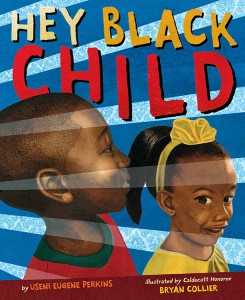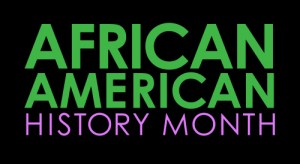African American History: Useni Eugene Perkins
Friday, February 22nd, 2019February 22, 2019
In honor of Black History Month, World Book looks at African American poet, playwright, and social worker Useni Eugene Perkins. As a writer, he is best known for his 1975 children’s poem “Hey Black Child.” Perkins composed this lyrical poem to celebrate black children in particular. However, the verse attempts to inspire all young people to dream big dreams and work to achieve their goals in life.

Hey Black Child by Useni Eugene Perkins and Bryan Collier. Credit: © Little, Brown Books for Young Readers
Perkins’s poem was originally written as lyrics for a song in his children’s play Black Fairy (1975), but it quickly gained popularity as a stand-alone work in black classrooms and homes. Over the years, confusion has often surrounded the authorship of “Hey Black Child.” The poem has mistakenly been attributed to such African American writers as Maya Angelou and Countee Cullen. The popularity of the poem led to the creation of the 2017 picture book Hey Black Child, illustrated by Bryan Collier. The book helped to end the confusion over the poem’s creation.
Eugene Perkins was born on Sept. 13, 1932, in Chicago, Illinois. He later added Useni as his first name. Perkins attended George Williams College, earning a B.S. degree in group social work in 1961 and an M.S. degree in administration in 1964. He has spent most of his adult life as a social worker in Chicago.
Throughout his life, Perkins has made contributions to African American poetry and drama, particularly works for children. He was a leader of the Black Arts Movement of the 1960’s and 1970’s, which rejected the literary forms and values of white culture. His poetry has been collected in Black Is Beautiful (1968), When You Grow Up: Poems for Children (1982) and Midnight Blues in the Afternoon and Other Poems (1984). He has written plays about such important black leaders in history as Steve Biko, W. E. B. Du Bois, Leadbelly, Paul Robeson, and Ida B. Wells-Barnett, among others. Some of his plays for children have been collected in Black Fairy and Other Plays (1993).



